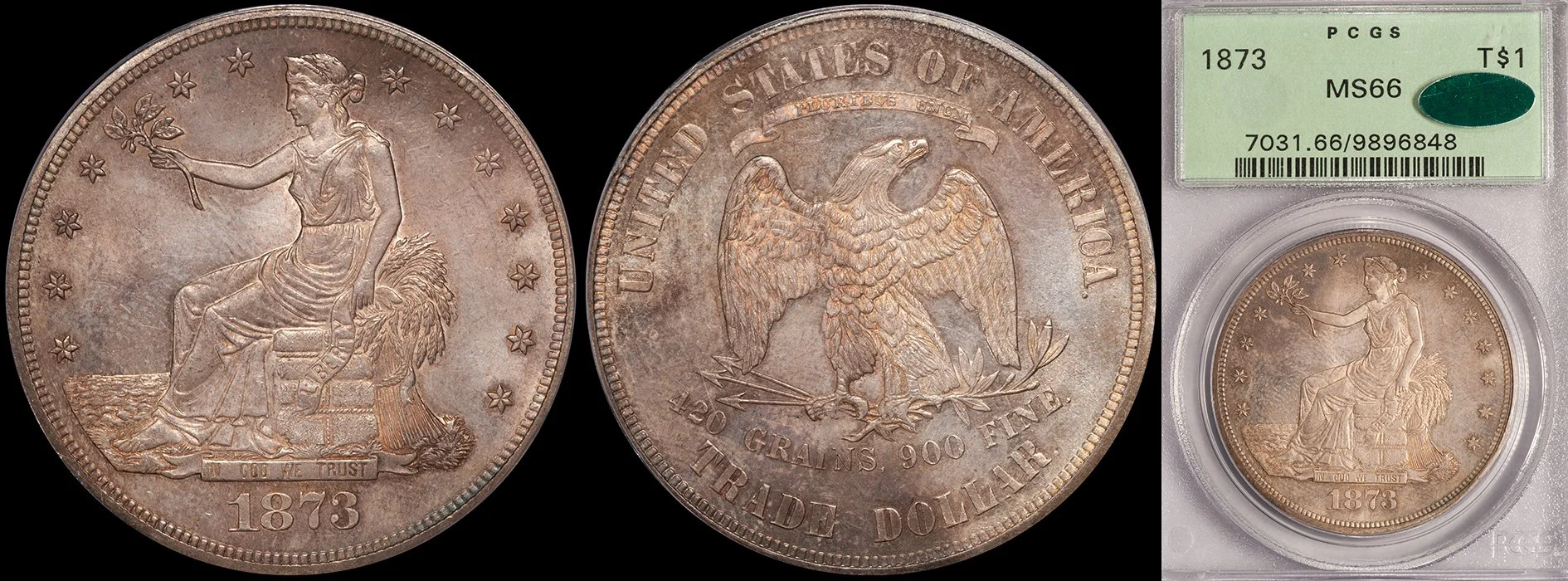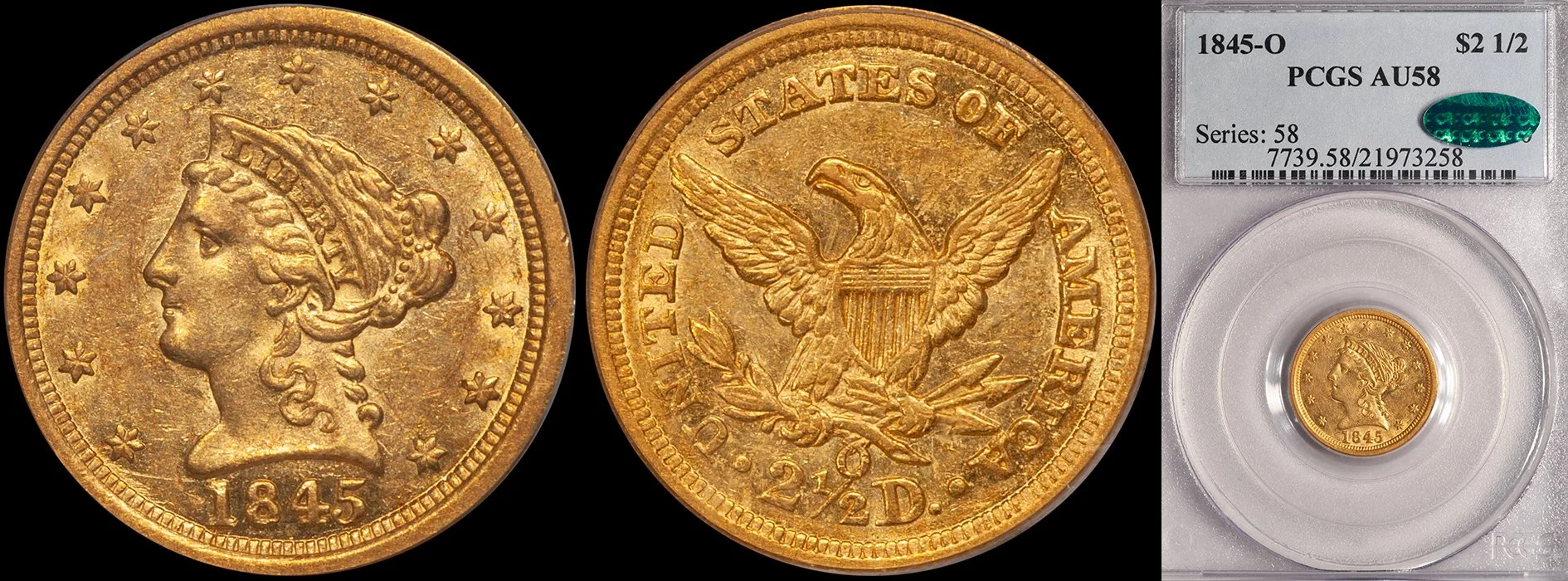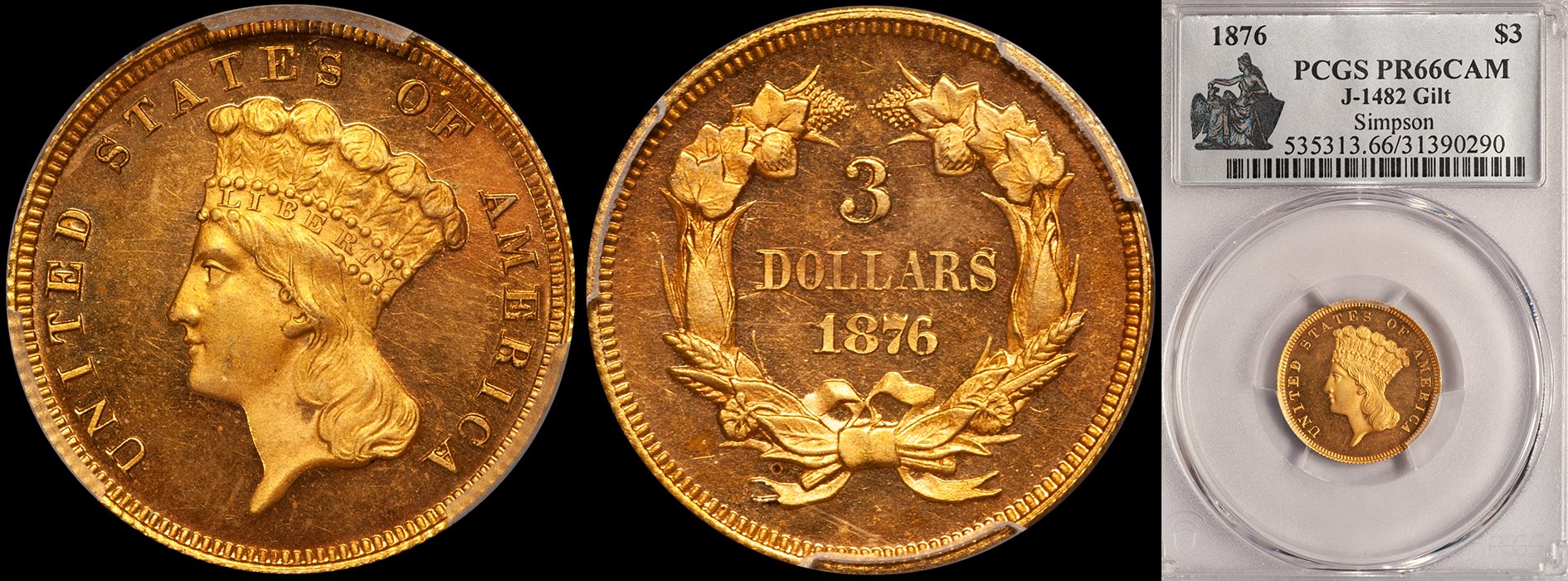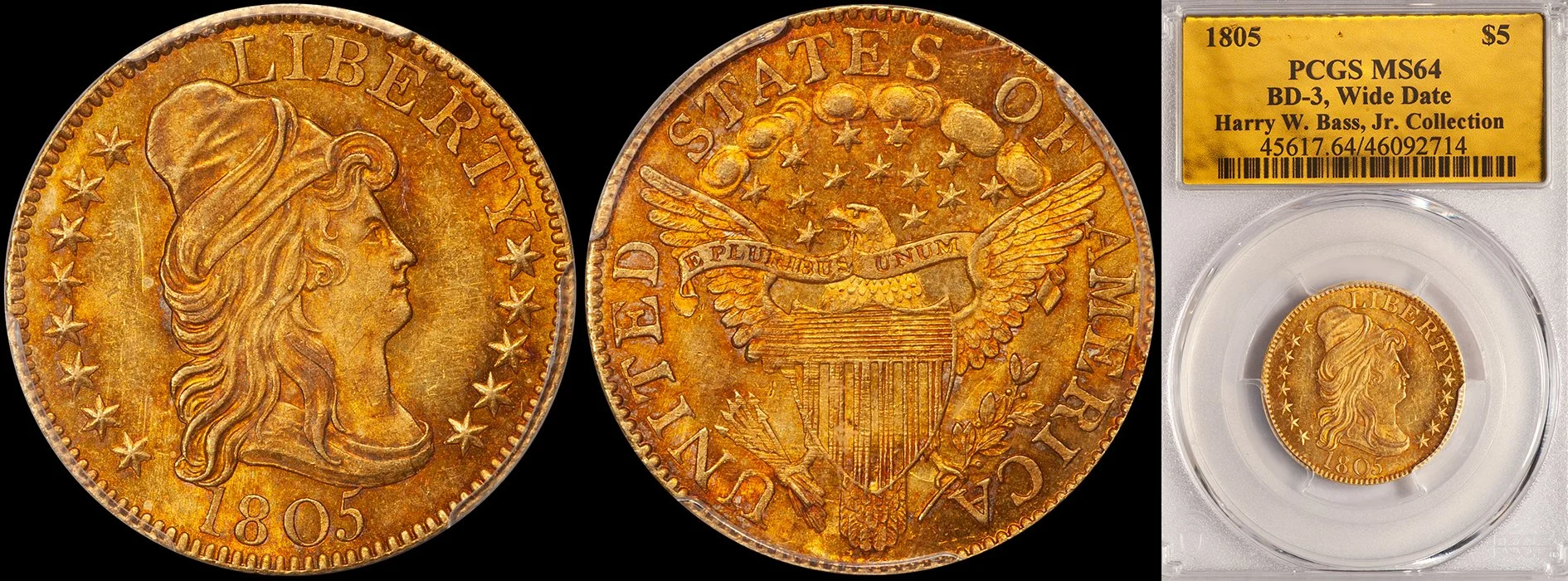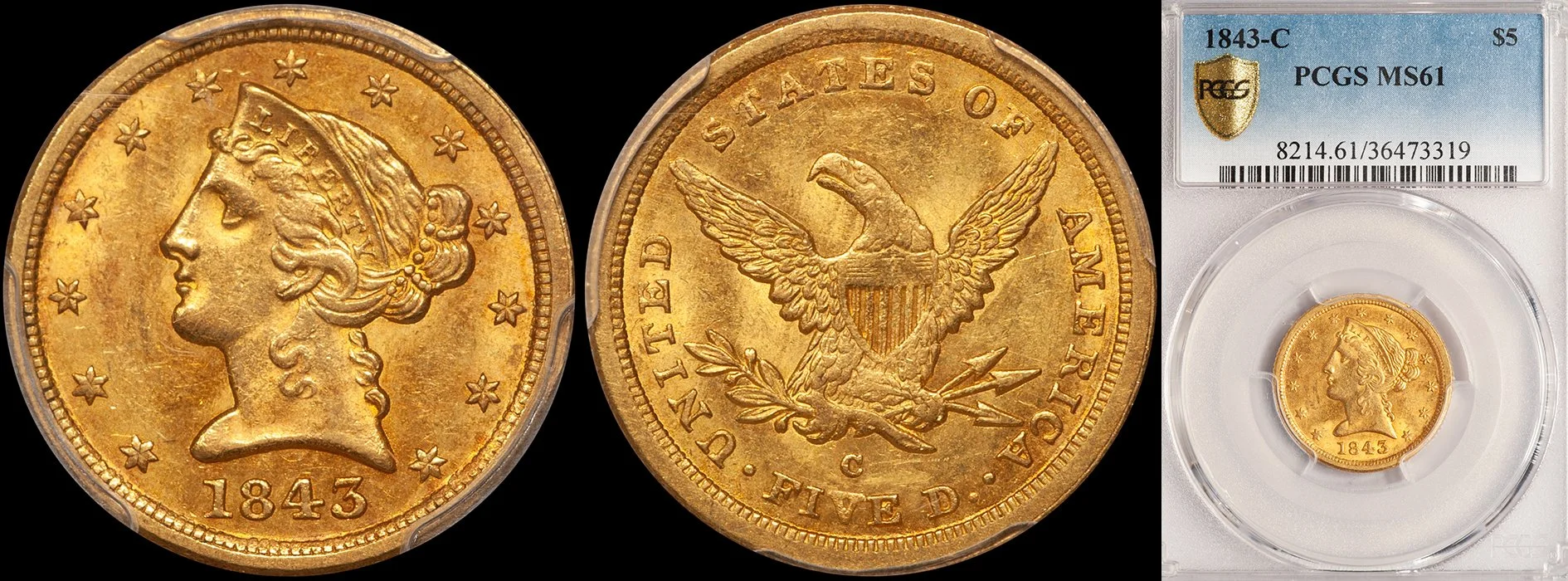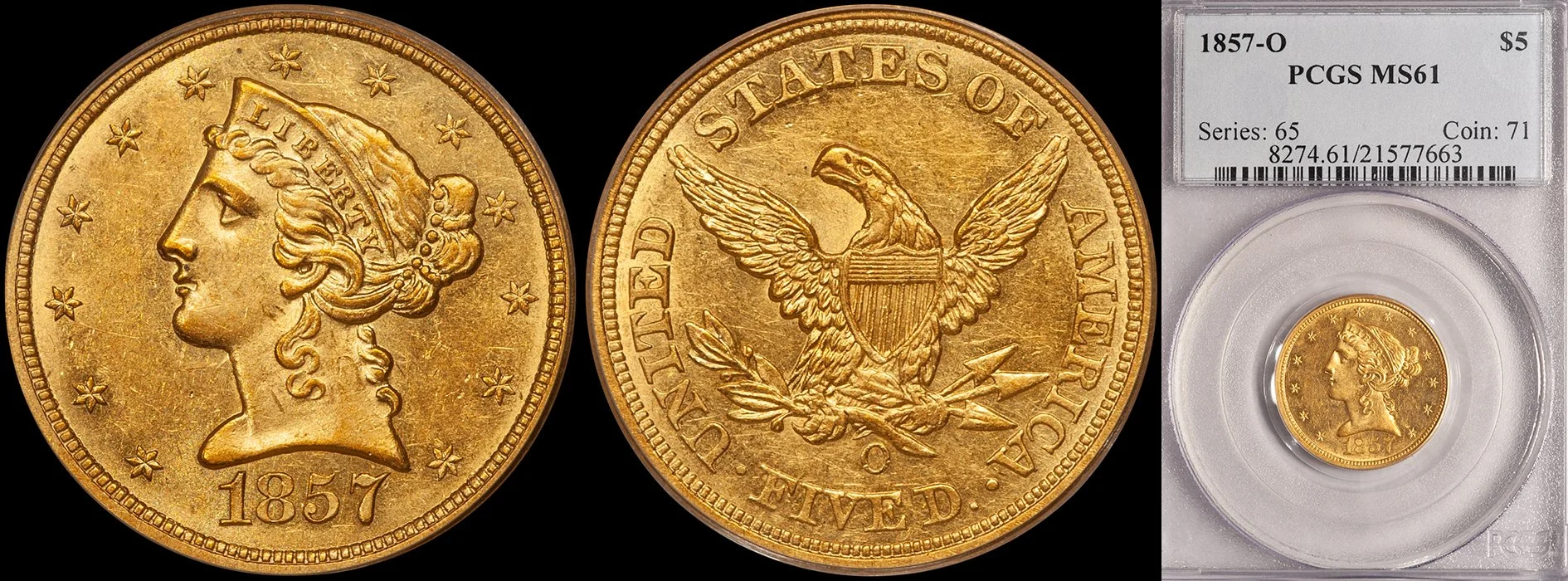Traits of Successful Coin Dealers
/Coin dealers are an “interesting” (yes, this is an ironic use of quotes) group. If you were to take the top fifty professionals in this field and examine their personalities, I believe that a number of the same traits would be seen in a majority of these individuals. What are some of these traits? And do you have what it takes to be a successful coin dealer? With very few exceptions, most of the top coin dealers have been involved in coins since they were very young. I can’t think of more than one or two coin dealers who I regard as being at the top level of the industry who were not buying and selling coins by the time they were in their early teens (or in some case, before this). Many people have asked me why this is the case. I think that being a good coin dealer is something that is almost genetic in its origin. You can’t really teach an adult the skills to be a truly good dealer. It’s almost as if the top dealers were born with a “coin dealing gene.” If you are a 42 year old insurance salesman with a passing interest in coins, it’s pretty unlikely that, within a few years, you are going to be a force on the bourse floor.
And speaking of genes, I think that every good coin dealer has what I call the “collecting gene.” Even though I don’t really collect coins anymore, there are a number of other areas that I avidly collect. Virtually every great dealer I know is also a serious collector of something; and many have multiple non-numismatic collections. These range from paper money to vintage photographs to globes to muscle cars. If you do not have a passion for collecting, you probably aren’t going to amount to much when it comes to dealing.
Coin dealers have exceptional memories when it comes to coins. I think I qualify pretty highly in this regard but my memory is very selective. As an example, it usually takes me a number of times meeting a collector until I remember his name. But I can generally remember this collector’s coins that he showed me in 1984 and, more distressingly, in great detail. I find the same to be true with many other of the dealers who I respect. They have an absolutely uncanny ability to remember coins they have handled, deals they have done, auctions they have attended, etc. If you have a poor memory when it comes to details, you are not likely to become a good dealer, let alone a great one.
You may not agree with me on this point, but I contend that most very successful coin dealers are extremely intelligent. Note that I did not say that they are “highly intellectual.” As you can probably imagine, post-show coin dealer conversations do not tend to involve favorite philosophers, the merits of particle physics or favorite 17th century English poets. But I think f if you measured the IQ level of most dealers, you would find it to be well above average. In a nutshell, if you are not extremely bright, you are not likely to be a good coin dealer.
Really good coin dealers are also really good entrepreneurs. Very few of them work well in a corporate setting and this is why it never seems to work when a “real” company tries to buy a coin company or when a coin company brings in a “real” businessman to manage it. If you’ve spent years working at XYZ Corporation in a management capacity, you are going to be freaked out by the coin business. But if you are 22 and a recent college graduate who paid for your education by selling vintage rock T-shirts on Ebay, you might find the coin business to be right up your alley.
The best coin dealers are also excellent at risk management. As an example, they can look at coin or a collection and quickly figure out what their upside and downside risk is. I find that most of the coin dealers who I regard as exceptionally talented are risk takers but they understand how to control their risk. The coin dealers who scare me are the loose cannons who take crazy “shots” at coins in auctions (i.e., buying a coin in an MS63 holder and paying an MS65 price in the hope that it will upgrade two points) or who are overly-leveraged. The insane risk-takers are the guys who get much of the publicity at shows or auctions but the smart guys are the ones who, at the end of the day, walk away from their bourse tables (or their office desks) with a smile on their face.
Good coin dealers have to work very hard and slackers do not do well in what has become an extremely competitive industry. There are a number of underachievers in the coin market but they tend to be guys who bounce from company to company as employees or low-level wheeler-dealers whose inventory rarely changes. In the current market, you need to be willing to travel extensively and work long hours to stay ahead of the competition.
Some of the coin dealer traits that I’ve mentioned above have been augmented by changes in the coin market. There are new dealers specializing in areas like moderns who clearly have not been involved with coins since they were nine and who do not have a “collector gene.” These are people with non-numismatic backgrounds who look at coins like widgets and whose computer savvy or marketing expertise allows them to be active market participants. They may not be “coin dealers” in the classic sense of the word but they certainly have an important role in the future of the coin market.

